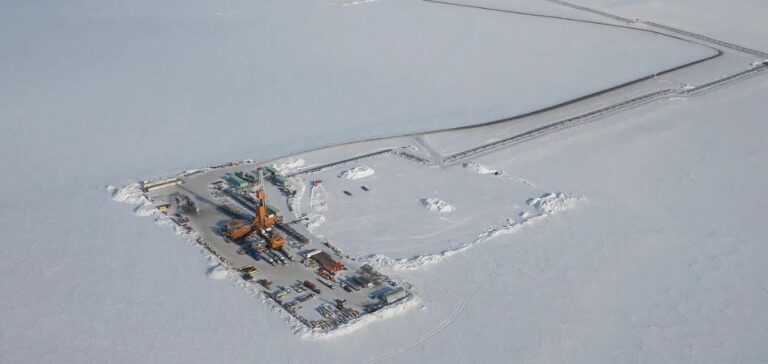The U.S. administration decides to protect 28 million acres of land in Alaska, prohibiting all oil and mining activity.
This decision comes after a re-evaluation of previous policies, marking a significant shift in the federal approach to the exploitation of the state’s natural resources.
This territory represents a significant portion of Alaska’s public lands, and its closure to exploitation represents a major challenge for players in the energy industry, who must now rethink their investment and exploitation strategies in the region.
The lands concerned are identified as being of great ecological and cultural importance, which is the reason for this decision.
The federal government is emphasizing the need to preserve these areas in the face of pressure from previous industrial projects, while responding to concerns expressed by local communities and native tribes.
Impact on energy strategies
This ban directly affects the expansion plans of oil and mining companies in Alaska.
Investments planned for exploration and extraction in these areas must be re-evaluated in light of the new regulations.
Companies in the sector must now focus on other regions or adapt their business models to meet these new constraints.
Protected lands include crucial areas for flora and fauna, and the administration is emphasizing the importance of conserving them for future generations.
From the industry’s point of view, this decision complicates access to strategic resources in a context where demand for energy remains strong.
Players in the energy sector, accustomed to long and costly operating cycles, find themselves confronted with an increasingly restrictive regulatory framework, which could slow down current projects and discourage new initiatives.
Economic and political consequences
Alaska’s energy sector, essential to the local economy, is feeling the impact of this decision.
Companies now face a reduction in operating opportunities, which could affect the jobs and revenues generated by this industry.
This measure comes against a backdrop of intense debate on the future of energy in the United States, where tensions between the need to diversify energy sources and regional economic imperatives are particularly acute.
Elected officials in the State of Alaska, particularly senators, are criticizing the closure of these lands, calling it a punitive decision for the local economy.
They point to the negative impact on employment and on the state’s economic development prospects.
In a context where relations between the federal government and the state are already strained, this new regulation could exacerbate disputes, leading to legal and political challenges.
Future prospects for mining in Alaska
Companies in this sector must now adapt to a reality where access to public land is becoming increasingly restricted.
This restriction comes on top of a series of recent measures aimed at further controlling the exploitation of natural resources in Alaska.
Oil and mining companies must review their investment strategies and evaluate remaining opportunities, while anticipating possible regulatory changes.
This situation highlights the complex issues facing players in the energy sector when it comes to regulating and managing natural resources.
While the current administration continues to strengthen environmental protections, the industry must navigate an increasingly uncertain environment, where every decision can have significant economic repercussions.






















